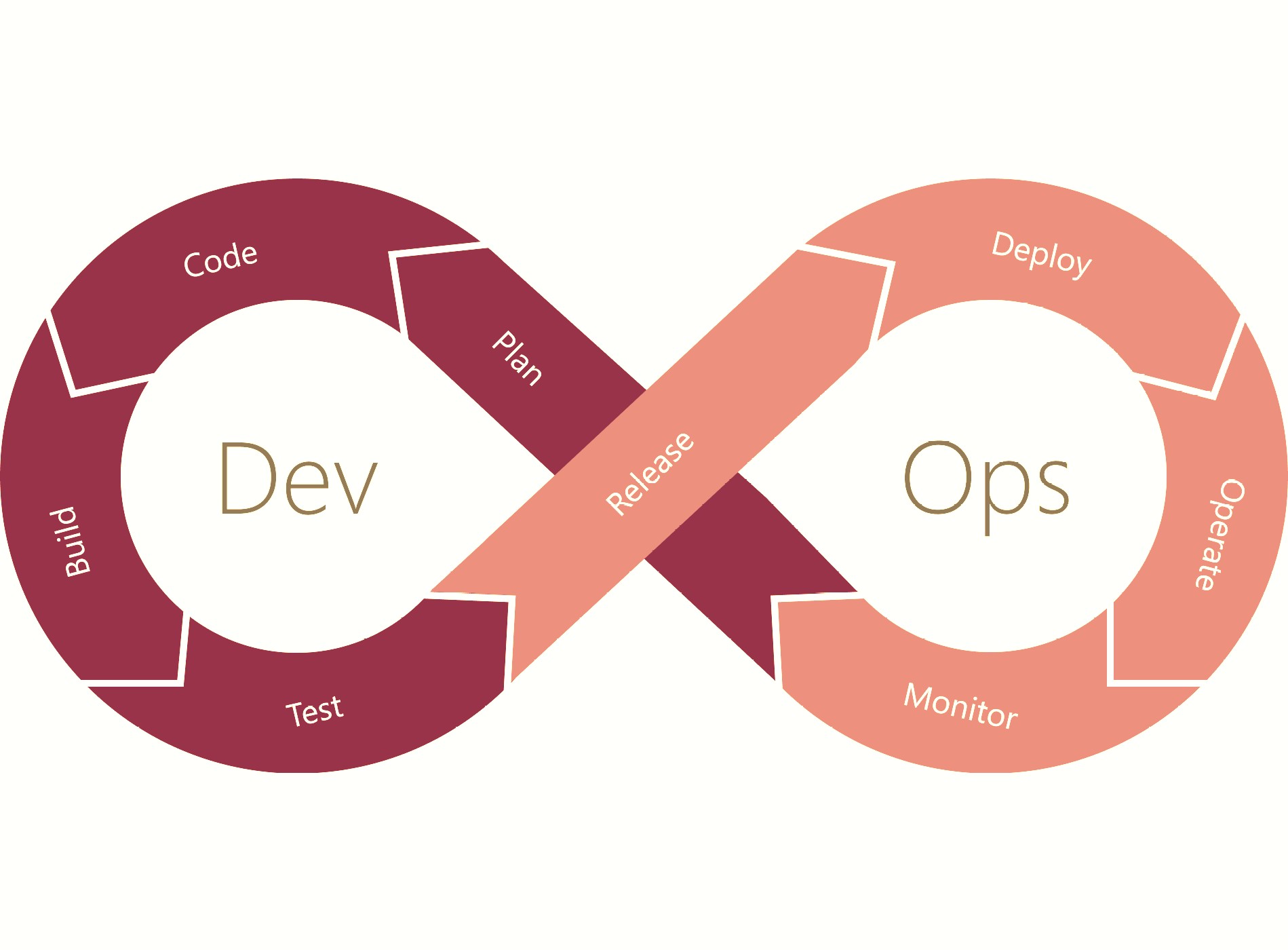The Must-have DevOps Tools in 2021

DevOps tools play an essential role in any software development project. They ensure automation, collaboration, and transparency remain at the core of the entire process. DevOps tools promote numerous methods for efficiently exchanging and sharing data and technical knowledge among different stakeholders. So, whether it’s development, operations, business, or security teams, DevOps tools will ensure an efficient outcome of the final product.
Today, there are many DevOps tools available as a requirement for specific DevOps needs. However, most teams find it hard to choose the right set of tools. Thus, we have created a list of the must-have DevOps tools in 2021. Now, depending on your business requirements, you will need several DevOps tools. These tools will communicate with each other through integrations, automation, extensions, and API, among other means.
However, it’s important to note that different DevOps teams have different DevOps tools requirements. So, there are no one-size-fits-all DevOps tools. The most essential part of a DevOps toolkit is the team and people involved, and the DevOps workflow. With that said, let’s look at the must-have DevOps tools in 2021.
Kubernetes
Also known as K8s, Kubernetes DevOps platform is an open-source container orchestration tool used in the automation of computer application deployment, as well as the scaling and management of containerized applications.
When it comes to DevOps, Kubernetes simplifies container tasks, which include rolling updates, horizontal auto-scaling, and canary development. Thus, Kubernetes streamlines the development, testing, and deployment pipelines in a DevOps managed service.
Key features:
- Runs on different on-premise, public cloud, or hybrid hosting services
- It’s easy to scale without stretching your DevOps team
- It can scale up web servers depending on the demand for applications
- DevOps teams can use Kubernetes to scale both web and mobile apps
- Works perfectly with other tools like Docker
Slack
Slack was developed back in 2013, and it has grown to become one of the greatest DevOps tools. Most organizations use Slack because of its effectiveness when it comes to communication. It allows DevOps teams to communicate and collaborate in the same environment. Slack provides timely notifications throughout a development lifecycle, which encourages members across different teams to discuss and find the required solutions.
Key features:
- Integrates easily with other tools
- Supports both PC, mobile, and tablets
- Powerful search capabilities
- Audio and video calls
- Useful bots
- Makes it easier to manage and track documents
Puppet
This is an open-source tool developed to monitor, manage, and sustain infrastructure efficiently. Puppet is the most efficient cross-platform configuration tool, which makes deployment faster and secure. Besides, it is the perfect server monitoring tool for DevOps since it can handle several servers at once.
Puppet has a master-slave infrastructure, which allows you to handle many teams and resources, in addition to handling issues easily. Besides, it comes with different modules, which can be integrated with other DevOps tools.
Key features:
- Faster and secure deployment
- Provides server-client infrastructure
- Allows the automation of the entire infrastructure
- Works on both hybrid infrastructure and apps
- Support different operating systems like Windows, Linux, and UNIX
- Continuous conflict identification and resolution
Jenkins
DevOps aims to find ways to automate and deploy new iterations efficiently. Now, part of this goal is to create a streamlined CI/CD (continuous integration/continuous delivery) pipeline. And this is where the need for Jenkins comes in. It is an open-source automation servicer, with hundreds of plugins that help in the automation, deployment, and testing of software development projects.
Key features:
- It’s very easy to set up and configure Jenkins through a web interface
- Jenkins is one of the easiest tools to learn in DevOps
- Jenkins has ready-to-run, Java-based programs, which run on Windows, OS X, MAC, and UNIX
- It features continuous integration and delivery
- Has several interfaces in form of web-based GUI, Rest API, and CLI
Selenium
This DevOps tool is mostly used to automate web-based apps. Selenium can automate the administrative and testing tasks of web-based applications. Typically, Jenkins has three main components:
- Grid – the tool runs tests on different platforms to scale up DevOps testing efforts, as well as handle several environments from a single core point.
- WebDriver – this allows DevOps teams to create unique, browser-based regression automation suites. Besides, WebDriver inspects and helps to scale and distribute scripts in different environments.
- Ide – this is a Chrome and Firefox add-on, which helps in easy record-and-playback of communications within the browsers.
Key features
- Selenium builds scalable scripts
- It uses different languages like PHP, JavaScript, C#, and Python to build testing scripts
- Uses the same script in different environments
GIT
This is one of the most common tools for both open-source contributors, as well as remote teams. Also, it’s one of the most popular and commonly used DevOps tools. GIT is a distributed Source Code Management (SCM) tool, which allows developers to track the advancement of app development by sustaining different versions of source code. Thus, it’s very easy for developers to return to an earlier version whenever needed.
Key features:
- GIT allows developers to save different versions of a source code and return to the previous version if required
- Allows developers to create different branches and merge new features when they are ready for deployment
- Both Bitbucket and GitHub, which are the leading online GIT repo hosting services provide amazing integrations




